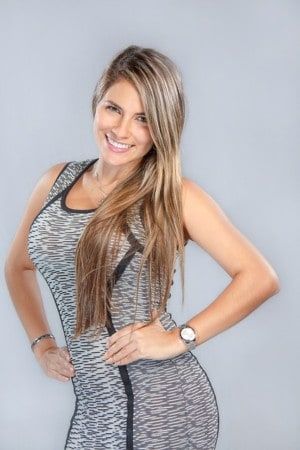What is Trichotillomania?
Also known as hair pulling disorder, trichotillomania is an overwhelming urge to pull out your hair, it’s a form of impulse control disorder often caused by anxiety or stress. More common in females than males it starts between the ages of ten and thirteen.
Causes
It’s not fully understood what causes trichotillomania but there are several things that can be a risk factor including genetics and environmental factors, these include:
· Extreme stress like abuse, bereavement or family breakup
· If a family member also suffers from the condition
· Suffering from other mental health conditions such as, anxiety, depression, autism or OCD (obsessive compulsive disorder)
· Age as it starts in childhood
· Changes in hormones
Symptoms
· Feeling tense or anxious as you try to resist the urge to pull your hair
· Repeatedly pulling out your hair
· Feeling a sense of relief and satisfaction afterwards
· Eating your hair
· Breaking off hair
· Bare patches of scalp or skin, tingling sensations in the skin or skin infections
· A preference for the type of hair you pull
· Social anxiety with friends or work colleagues because of your hair pulling
· Twisting or twirling the hair, pulling it between your teeth or chewing on it, or inspecting the hair root or scalp after pulling your hair
Common Areas For Hair Pulling
· Scalp
· Eyebrows
· Eyelashes
· Beard
· Genital Area
Associated Conditions or Risks
Constant hair pulling can cause not only skin infections but scarring and permanent hair loss, as it can cause damage to the follicle. People who eat the hair can cause blockages in the digestive tract caused by hairballs called trichobezoar. This can lead to vomiting, intestinal blockages and in extreme cases even death. Trichotillomania can also lead to low self-esteem, anxiety, depression and drug or alcohol use.
Self-Help
People with trichotillomania often feel isolated especially if the condition is very noticeable. Joining a support group can help, talking to other people who suffer with the condition and understand how you feel, as well as sharing ways they have helped manage the condition can prove to be a positive experience.
Try keeping a diary of your hair pulling so that you can work out what triggers you to do it, so you can learn to avoid being triggered. Replace the urge to pull your hair by doing something else, like squeezing a stress ball, making a fist with your hand, or using a fidget toy. Wear a tight fitting hat or put plasters on your fingers. Take a bath to relax and reduce stress or practice deep breathing. You can find information on-line regarding trichotillomania and details of support available.
Professional Help
If you or your child are suffering with trichotillomania and it is having a negative impact on your lives, then you should see your doctor who can rule out any underlying physical cause. They can prescribe medication such as antidepressants or anti-anxiety medication to help you.
Therapy can also help, your doctor can refer you to a psychotherapist for therapies such as HRT (habit reversal therapy) and CBT (cognitive behavioural therapy) both of which can help with any underlying anxiety and teach you to retrain your negative thinking and behaviours. Written by Jan, Jeana and Wendy at Barnsley Hypnosis and Counselling (UK). For more free Information click above link.
